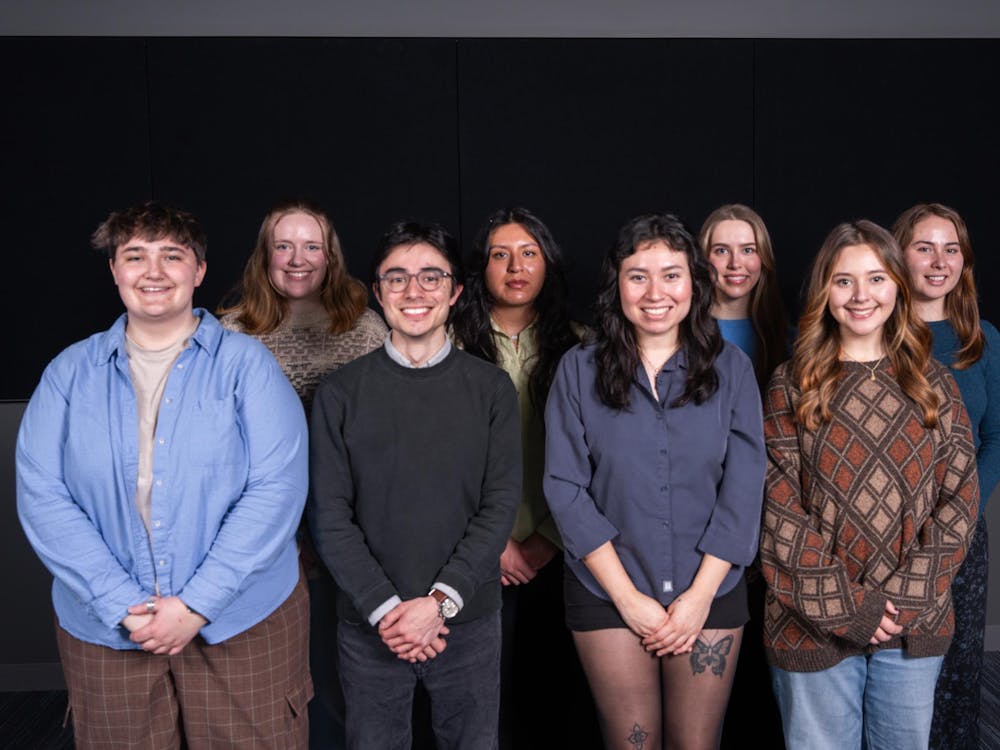(The Beacon)
By
"I don't go to bars or parties like that."
"My friends are too smart to let something like that happen."
"I don't think it really happens here."
But it does.
According to a survey done by sociology professor Martin Monto, 9.4 percent of women at UP have been raped.
Not to say that sexual assault is more prevalent at UP than other schools - college campuses everywhere struggle with sexual assault and violence.
The difference is that UP is doing something to stop it.
The University has implemented Green Dot, a violence prevention program that focuses on bystander intervention.
But it isn't up to UP whether this program will make any difference.
It's up to you.
It's easy for students to agree that intervention is important and that they play a role in their friends' safety.
But when it comes down to actually doing something, many students seem convinced that they already know how to act if they were in a position to prevent sexual assault - or even worse - they assume that they will never be faced with it.
According to the Department of Justice, one in four college women will suffer from rape or attempted rape before they receive their diploma.
Think of four girls you know at UP.
Statistically speaking, one of these young women will suffer from rape before she graduates.
So do not assume that there is nothing you can do, or that you are never in situations where sexual assault is possible.
Sexual assault can happen anywhere, and it doesn't happen because you are wearing skimpy clothes. It can happen to anyone, of any gender.
Green Dot teaches students that if they witness a situation that has signs of leading to unwanted sexual advances, they have an obligation to step in - making them a green dot, instead of a red dot who ignores the situation and allows it to happen.
Just like young people feel an obligation to take a friend's keys away to stop them from driving home drunk.
But Green Dot is more than just a program that tells students to step in when a situation starts to look dangerous. It trains students and others how to recognize the difference between a harmless situation and a potentially dangerous one. It also trains people how to react in these situations.
You might not think you need training to prevent sexual assault. All you have to do is grab your friend when it looks like she's uncomfortable.
But there is a lot more to it than that. Dangerous situations are not always obvious, and it is not always that easy to stop them - especially if you are trying to help a stranger or acquaintance rather than a close friend.
Green Dot trainings are held on Saturdays and last seven hours.
It might seem like a waste of the one day a week you have to relax. But if it could give you the tools to prevent even one instance of rape or sexual violence, wouldn't it be worth it?
Do you want to help end sexual assault at UP?
Do you want to be a green dot, or a red dot?
Editorial Policy The editorial reflects the majority view of The Beacon Editorial Board. The editorial does not necessarily reflect the opinions of the collective staff or the Administration of the University of Portland. Other submissions in this section are signed commentaries that reflect the opinion of the individual writer. The Student Media Committee, providing recommendation to the publisher, oversees the general operation of the newspaper. Policy set by the committee and publisher dictates that the responsibility for the newspaper's editorial and advertising content lies solely in the hands of its student employees.








